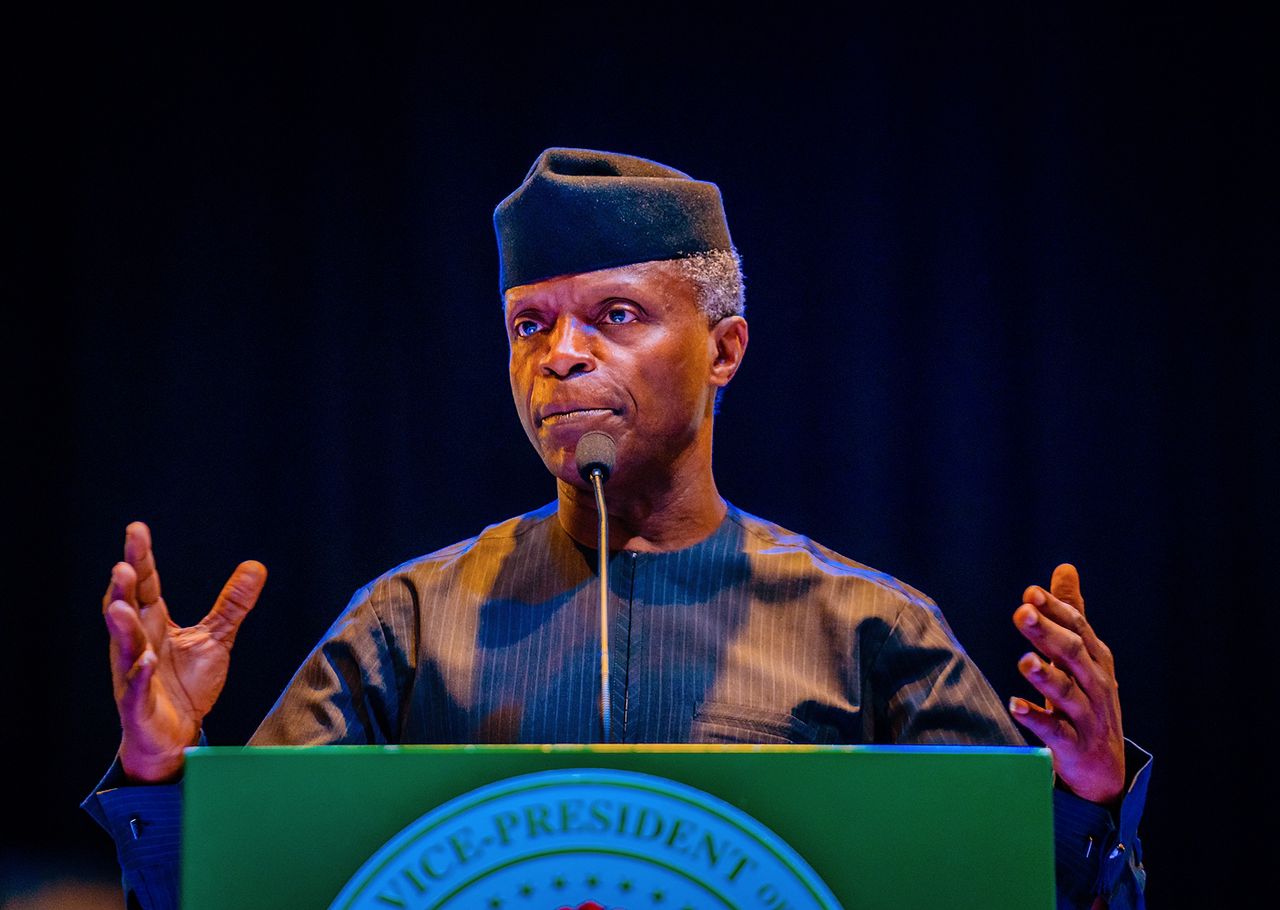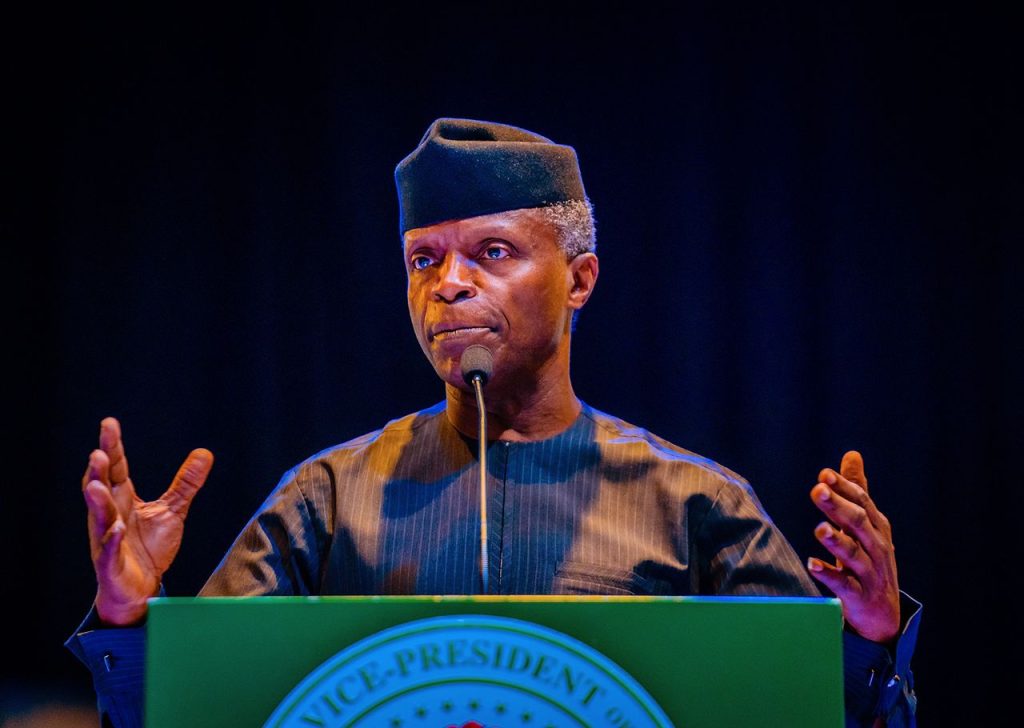Former Vice President Yemi Osinbajo has described service-oriented leadership in politics and governance as both imperative and a privilege, adding that a nation’s greatness is measured by how it treats its most vulnerable citizens.
Osinbajo made this call while delivering the keynote address at the Rotary International District 9141 Conference in Port Harcourt, Rivers State, on the topic “The Magic of Connection: The Imperative and Privilege of Service.”
He stressed that politics should be centered on providing essential services such as quality education, accessible healthcare, and a robust social security system, which he described as basic rights of every citizen.
“This privilege that we have as the elite in our societies is not a badge of superiority. It is a debt that we owe to our societies. It comes with enormous responsibility and the only honest way to repay it is through service.
“There is no great nation that at one point in time or the other in its history has not had to have leaders and elites that say we must put service to our country over our personal agendas and well-being.”
The former Vice President referenced Chief Obafemi Awolowo’s introduction of free basic education in Western Nigeria as a historical example of impactful and selfless governance, noting that the policy was implemented despite its high financial cost.
Recalling their role in drafting the All Progressives Congress (APC) manifesto in 2014, Professor Osinbajo said one of the key debates was around embedding a strong social investment programme, which eventually led to initiatives like the national school feeding scheme, TraderMoni, among others.
The former vice president supports the view that a nation’s greatness is measured by how it treats its most vulnerable citizens.

‘”It is this idea that politics or governance must be for the common good that led to many nations establishing human capital development programs, education for all, health care, insurance, social housing, etc. Social security schemes.
“So free education, for example, universal health care are not just policy choices. They are reflections of selfless and visionary leadership. And in many countries, these systems were built by leaders who saw governance not merely as a tool for power but as a moral obligation to uplift society, especially the most vulnerable.”
He further decried the pervasive level of corruption on the continent of Africa and stressed that the continent is not lacking in talent but rather suffers from the underutilization of its human resources.
Addressing the elite, Osinbajo issued a challenge for self-reflection, urging them to consider whether their achievements were borne out of genuine service to others.
He also called for better budget prioritization and fiscal policies aimed at improving the lives of the nation’s most vulnerable populations.



